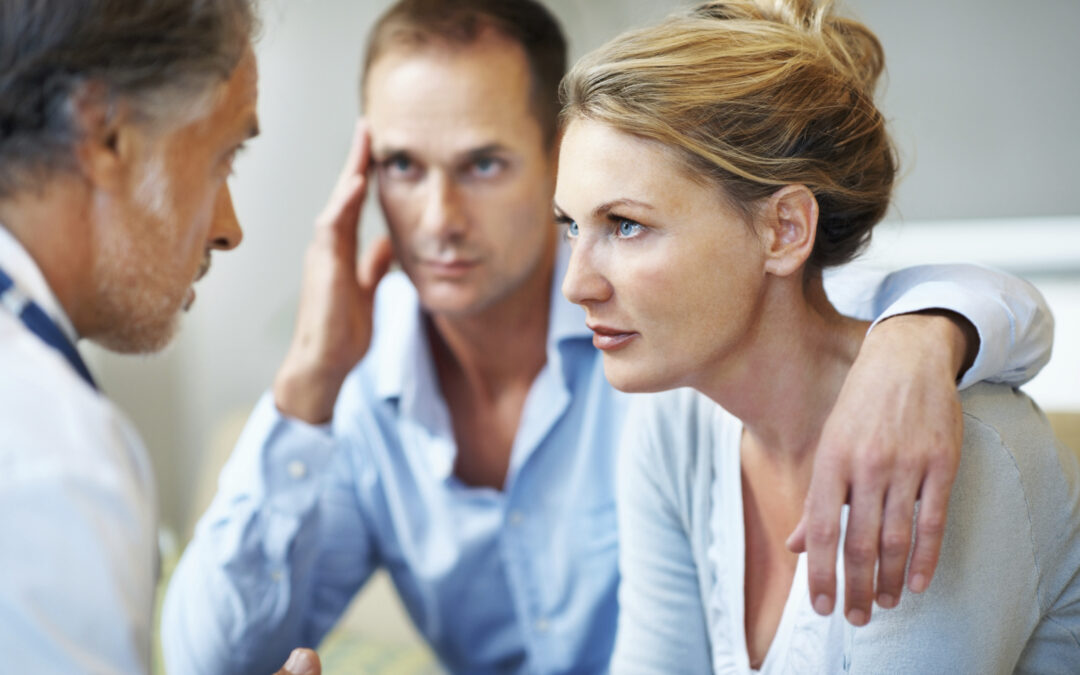By Associate Professor Anusch Yazdani – Member of Endometriosis Australia’s Clinical Advisory Committee
How does endometriosis affect fertility?
Endometriosis can affect fertility in a number of ways. Most obviously, as the disease progresses and pelvic damage increases to organs such as the Fallopian tubes through distortion or adhesions, the passage of sperm and eggs through the pelvis will be increasingly impaired.
Similarly, there appears to be a change in the pelvic environment, most likely resulting from the endometriosis-related inflammation. These inflammatory substances and cells impair the function of both eggs and sperm, fertilization, embryo development and implantation.
There is also increasing evidence that the quality and quantity of eggs in women with endometriosis is affected, though it is not certain whether this is a direct effect of the disease. Egg quantity (the ovarian reserve) can be measured through a pelvic ultrasound or a blood test, called an AMH. While it makes sense that endometriosis in the ovary can have this effect, the current evidence points to a reduction in egg numbers and quality even if the disease is outside of the ovary.
Similarly, the current evidence suggests that the uterus in women with endometriosis seems to function differently. There appears to be a reduction in implantation and potentially also an increased chance of miscarriage in women with endometriosis.
Some of the treatments for endometriosis, whether they be medical or surgical, can also affect fertility. Almost all medical treatments for endometriosis will interfere with ovulation and therefore stop you from falling pregnant while you are on this treatment. While none of these treatments have long term effects on fertility, any delay in conception, particularly over the age of 35, will naturally reduce the chances of conception.
Finally, but most importantly, the pain associated with endometriosis can affect all aspects of relationships, whether directly related to sex or not. Women with endometriosis are more likely to report an altered body image, describe reduced desire, arousal and pain. This pain may not only occur during sex, but will often typically persist for some time afterwards.
So, between the physical effects of endometriosis, reduced egg number and function, painful sex, taking medication and hormonal therapies, undergoing surgery and dealing with a variety of emotional issues, it is little wonder that fertility is affected!
I have been diagnosed with endometriosis, but I’m not ready to be pregnant! What now?
The theme of our blogs is repeated here: knowledge is power. Any assessment and management of your endometriosis should also assess your fertility and reproductive intent. This will usually involve an assessment of your ovarian reserve, an assessment of the severity of your endometriosis and a discussion of your reproductive intent. In conjunction with your specialist team, you will be able to develop a tailored management plan for your fertility based on your disease and your individual situation.
Preserving your fertility for later pregnancy may involve optimising lifestyle and fine-tuning medical and surgical management. In certain circumstances, particularly if the ovarian reserve is low or the disease is extensive, egg or embryo (fertilised eggs) freezing may be an option. This will involve running an IVF cycle and will freeze eggs for future use, should you have problems later. It is important to bring these issues up with your specialist.
Falling Pregnant
Now, getting pregnant is a slightly different issue, because there are two other important factors: age and sperm.
While your fertility is affected by your endometriosis, equally important is your age when you are trying to get pregnant. A woman in her twenties is very likely to be successful, while a woman in her forties will struggle, regardless of the severity of endometriosis.
For this reason, specialist assessment is usually recommended after 6 months if you are over the age of 35.
Similarly, if there is a problem with sperm, non-assisted conception may be difficult. For this reason, male assessment is recommended early in the journey to pregnancy if you have been diagnosed with endometriosis.
I am having problems getting pregnant – what are my options?
If you have been trying to fall pregnant for more than six months, it is appropriate to have a conversation with your family doctor, regardless of your age. At that point, your practitioner should assess the severity of your endometriosis, your age, ovarian reserve and the health of your partner. This will help you plan the most appropriate course of action, which may then range from optimising your natural fertility to assessment by a specialist and assisted reproduction.
The surgical treatment of endometriosis has been shown to increase your natural chances of conception, but appears to have a more limited impact on high level interventions, such as IVF. More importantly, repeat surgery has a limited role in the management of fertility.
So the take home message is…
It is important to understand that while the current evidence suggests that women with endometriosis are more likely to experience fertility problems, not all women with endometriosis will need assistance and only a small number of women will ever require IVF.
In the end, your knowledge about your endometriosis will be your best guide to your fertility.
Associate Professor Anusch Yazdani
References/Suggested Reading:
The Practice Committee of the American Society for Reproductive Medicine. Endometriosis and infertility: a committee opinion. Fertil Steril 2012;98:591-8
Koch, J., K. Rowan, L. Rombauts, A. Yazdani, M. Chapman and N. Johnson (2012). “Endometriosis and Infertility – a consensus statement from ACCEPT (Australasian CREI Consensus Expert Panel on Trial evidence).” Aust N Z J Obstet Gynaecol.

